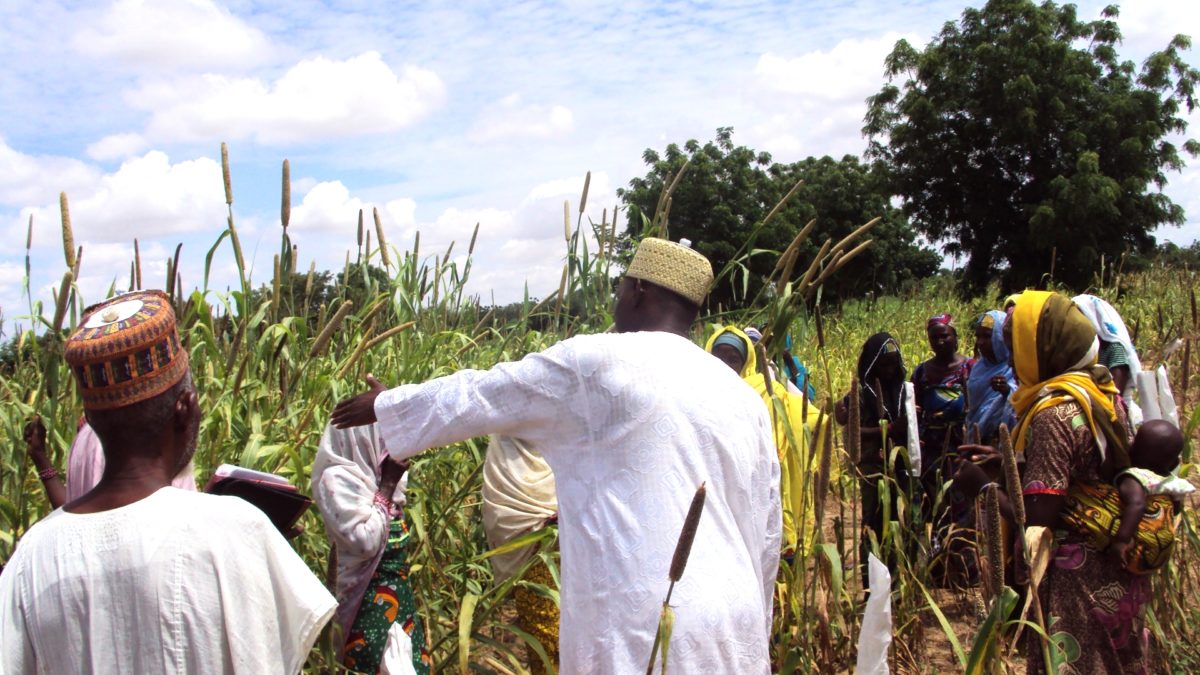The Sustainable Energy Fund for Africa (SEFA) is a multi-donor trust fund administered by the African Development Bank (AfDB), aimed at supporting small- and medium-scale Renewable Energy (RE) and Energy Efficiency (EE) projects in Africa.
It has issued an expression of interest to seek consultancy companies for the Feasibility Studies and Masterplan Design of a 1 GW rural solar energy electrification program, which the Nigerian Government intends to implement in the city of Gwiwa, Jigawa state, in northern Nigeria. It has one of the country's highest solar irradiations.
The “Jigawa 1 GW Solar Procurement Programme” is being developed by the Nigerian Rural Electrification Agency (REA) and plans to use different solar technologies, such as PV and CSP. Selected projects will all be grid-connected and will sell power through long-term PPAs to local utility, Nigerian Bulk Electricity Trading (NBET) Plc.
All of the new installed capacity contracted through the program will be injected to the country’s grid, thanks to the construction of a 330 kV or 132 kV line, to be deployed by the Transmission Company of Nigeria.
The SEFA provided a US$1.5 million grant to start the feasibility studies for the program in May. “It is important for us to deliver a seamless implementation and provide necessary support to the government to conduct an effective IPP procurement process,” said AfDB Vice-President for Power, Energy, Climate and Green Growth, Amadou Hott at the time.
According to a document released by the AfDB in April, the 1 GW program is expected to contribute towards the country’s development objective of improving power supply and attaining universal access to electricity by 2040.
Furthermore, the AfDB revealed that the Jigawa Solar Park will be designed using the same best practice and model of the Moroccan Solar Program, known as the “Noor Program”. It will be also supported by the Moroccan Solar Energy Agency MASEN.
“The MASEN model provides for significant investment and commitment upfront by the State with the aim to de-risk the investment and therefore reduce the overall cost from the IPP developers during procurement,” the document's authors said.
Nigeria is aiming to reach a 20% share of solar power generation in its electricity mix by 2030. Currently, however, most demand is covered by gas-fired plants and hydropower, with a share of 86% and 14%, respectively.
Nigeria’s current installed power generation capacity is around 13 GW, but only approximately half of it is operational, according to a recent report from the German Agency for International Cooperation (GIZ).
On the top of the 1 GW Jigawa plan, several other solar power projects are currently being developed in Nigeria, mainly by independent power producers. In July 2016, for instance, the Nigerian Bulk Electricity Trader (NBET) signed power purchase agreements for as much as 975 MW of solar.
In the African nation, solar IPPs usually negotiate and execute a put and call option agreement (PCOA) with the Federal Ministry of Finance after executing a PPA. The PCOA agreement transfers the payment risk from state-owned company, Nigerian Bulk Electricity Trading Plc (NBET), directly to the ministry.
The Put Call Option Agreement (PCOA) is a guarantee mechanism recently adopted by the Nigerian government.
This content is protected by copyright and may not be reused. If you want to cooperate with us and would like to reuse some of our content, please contact: editors@pv-magazine.com.




2 comments
By submitting this form you agree to pv magazine using your data for the purposes of publishing your comment.
Your personal data will only be disclosed or otherwise transmitted to third parties for the purposes of spam filtering or if this is necessary for technical maintenance of the website. Any other transfer to third parties will not take place unless this is justified on the basis of applicable data protection regulations or if pv magazine is legally obliged to do so.
You may revoke this consent at any time with effect for the future, in which case your personal data will be deleted immediately. Otherwise, your data will be deleted if pv magazine has processed your request or the purpose of data storage is fulfilled.
Further information on data privacy can be found in our Data Protection Policy.